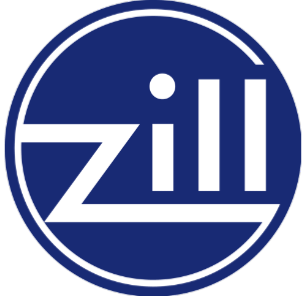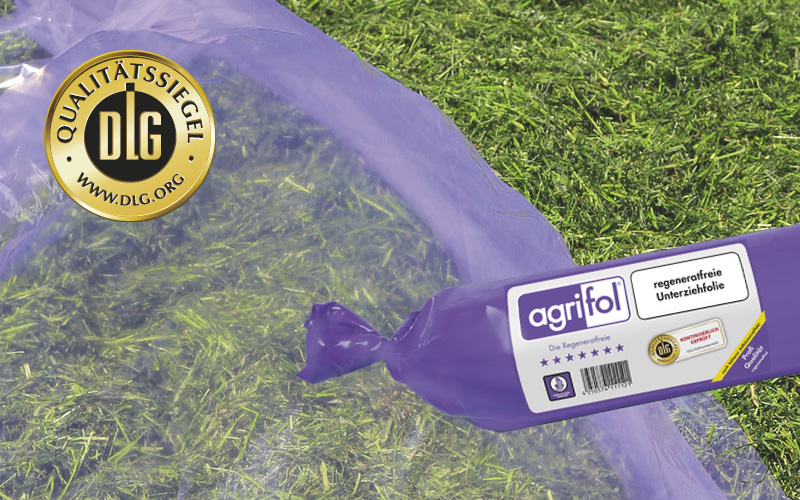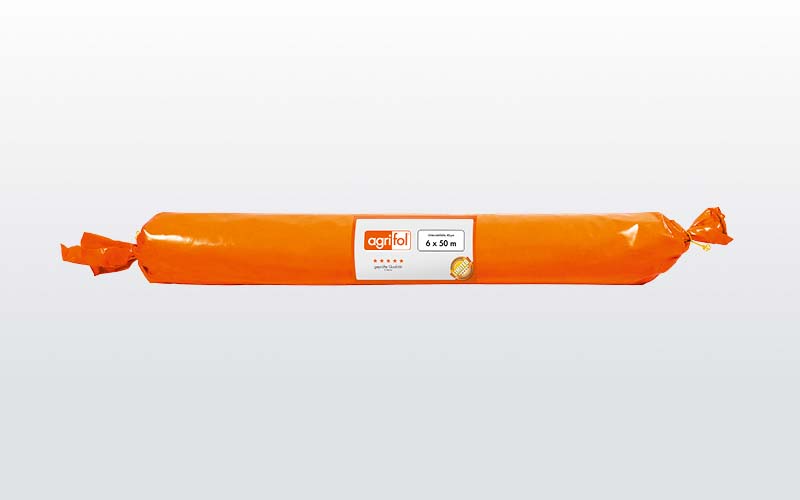Underlayer film
COMPLETE CONNECTIVITY
Safety right from the start
The first step is always the most important, it sets the direction. The use of an agrifol® underlayer film is guaranteed to be the best first step in the silo coverage. This protects your valuable silage optimally from the beginning and ensures high yields and the best feed.
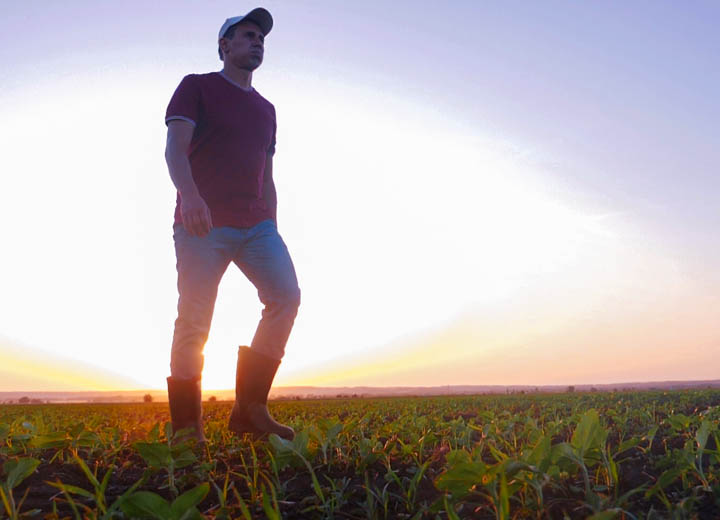
PRIZED AND AWARDED
Zill quality underlayer films
Underlayer films are still an essential part of the professional silo covering. The incomparable adhesion effect makes agrifol® the leading brand and thus offers the best basis for hygienic and cost-saving silage production. Try our new agrifol® Oxy+: it also has an EVOH barrier layer and thus creates maximum oxygen blockade.
agrifol® – safe silage right from the start.
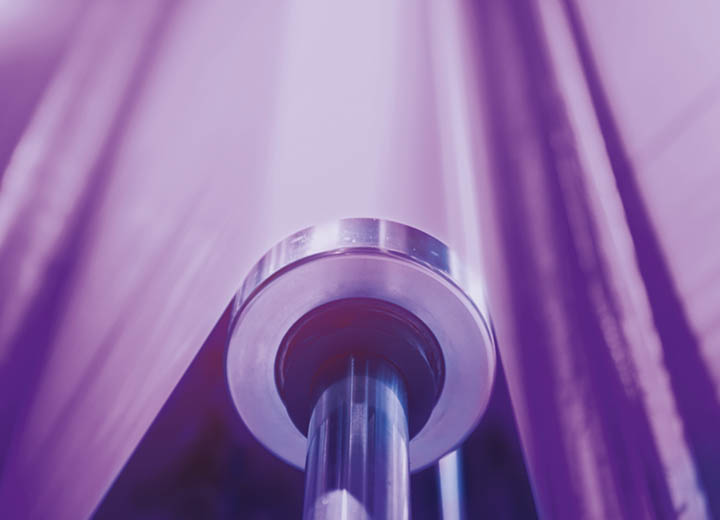
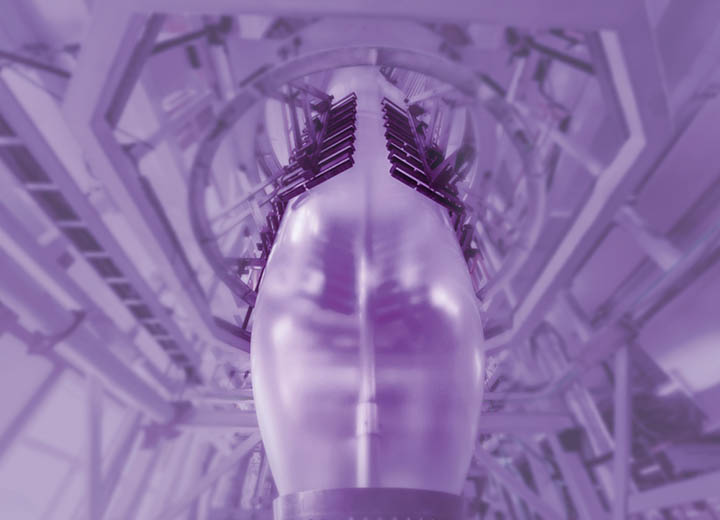
Accessories & Supplies
Tipps und information about our underlayer films:
Our regenerate-free and DLG-tested underlayer films ensure the lowest oxygen inclusion under the silo film. This guarantees a great feed quality and high silage yield. You can find out more about underlay films in the following FAQs.
What is an underlayer film?
Underlayer films are very thin films that provide silage with important protection against moisture and air inclusions due to their high adhesion to the harvest. They are made of polyethylene (LDPE) and usually have a thickness of about 40 μm.
Where are underlay films used?
Underlay films are used in agriculture on professional and modern silos.
Is an underlayer film water permeable?
Underlayer films are not water permeable. In fact they are waterproof.
Which underlayer film is the best?
The best underlay films are our “agrifol® Oxy+” and “agrifol® Regenerate-free DLG”, which can easily be recognized by their purple colouring.
Why and for what are underlayer films used?
Due to their nature, underlay films have a high adhesion (therefore also known as adhesion films), which is why the film can optimally nestle itself to the silage. This minimizes air entrapment and enables a better fermentation process. That in turn leads to a higher quality silage and thus better feed.
Who needs an underlayer films and when should they be used?
Underlayer film is mainly used in agriculture. It is needed by farmers and contractors for professional silo coverage. If you want to produce high-quality feed for animals, you should use a quality underlayer film. The higher the quality of the film that is used, the better the silage results in terms of nutritional values and quality.
Why should underlayer films be used?
Underlayer films are immensely important because, on the one hand, they can prevent air inclusions between film and silage due to their adhesive force and thus prevent mould and incorrect fermentation. On the other hand, they offer additional protection if the silo film is damaged.
Use underlayer film and silo film at the same time?
Silage films and underlay films should always be used together, as they provide the best protection for silage in combination. For immense time savings, we also have developed our “powerfol® DOUBLE BARRIER 2in1” film. In this product, silo film and underlay film are combined on one roll.
Wat does an underlayer film cost?
Underlayer films are available at different prices depending on the length, width and technical characteristics of the adheisive film. Your local retailer can tell you the exact prices.
Where to buy underlayer films?
agrifol® underlayer films from Zill can be purchased from all specialist retailers. Our underlayer films are always available there in large quantities and in different variations and sizes.
What is an EVOH barrier?
The EVOH (ethylene-vinyl alcohol) layer, also called oxygen barrier layer, is a special layer that further reduces oxygen permeability. It is often used in food packaging. The further reduced oxygen under the film results in an even better silage quality.
How to properly cover the silo?
To cover a silo correctly, several steps must be noted.
Step 1: First, cover the walls with side wall film. Our silo side wall clamps can help you here.
Step 2: Lay the underlay film as the first layer over the silage, then fold the side wall film from the outside over the underlay or suction film.
Step 3: Now cover the silo with the silage film.
Step 4: In order to protect the silage film from damage, a silage protection grid should absolutely be placed on top.
Step 5: Now weigh down the silo protection grid with silo bags and place them in lines across the silo.
For bulk silos and bunker silos with a steep pile, the silo bags can be affixed with the quick'n fix silo bag fastening system.
Discover even more interesting products by Zill:
Do you have any questions?
Then simply call us personally +49 9072 9581-0,
write us an e-mail or just come by!
